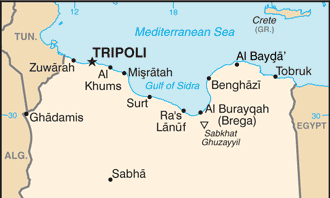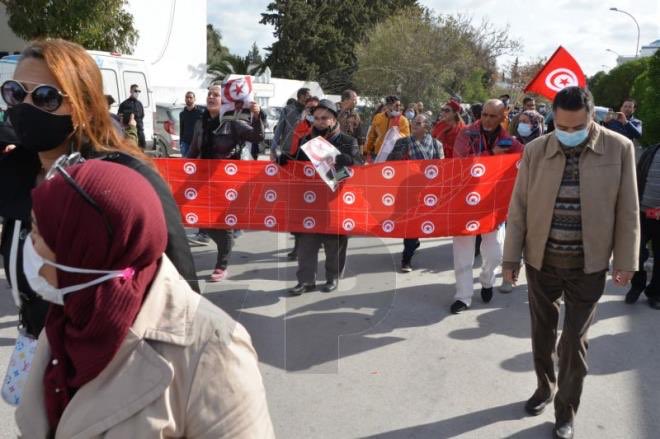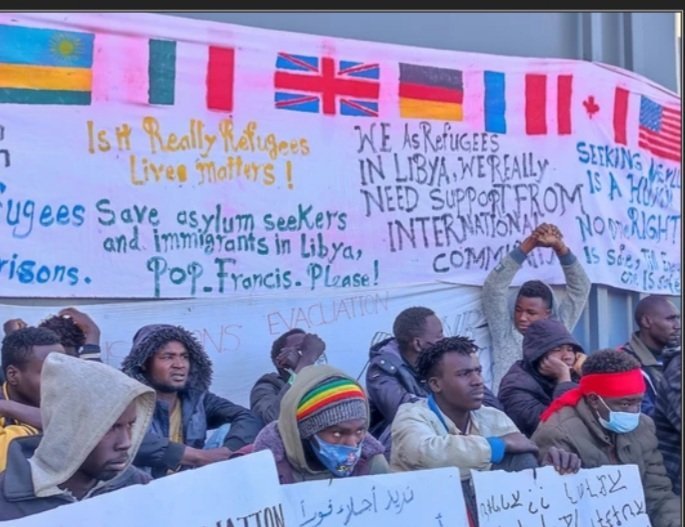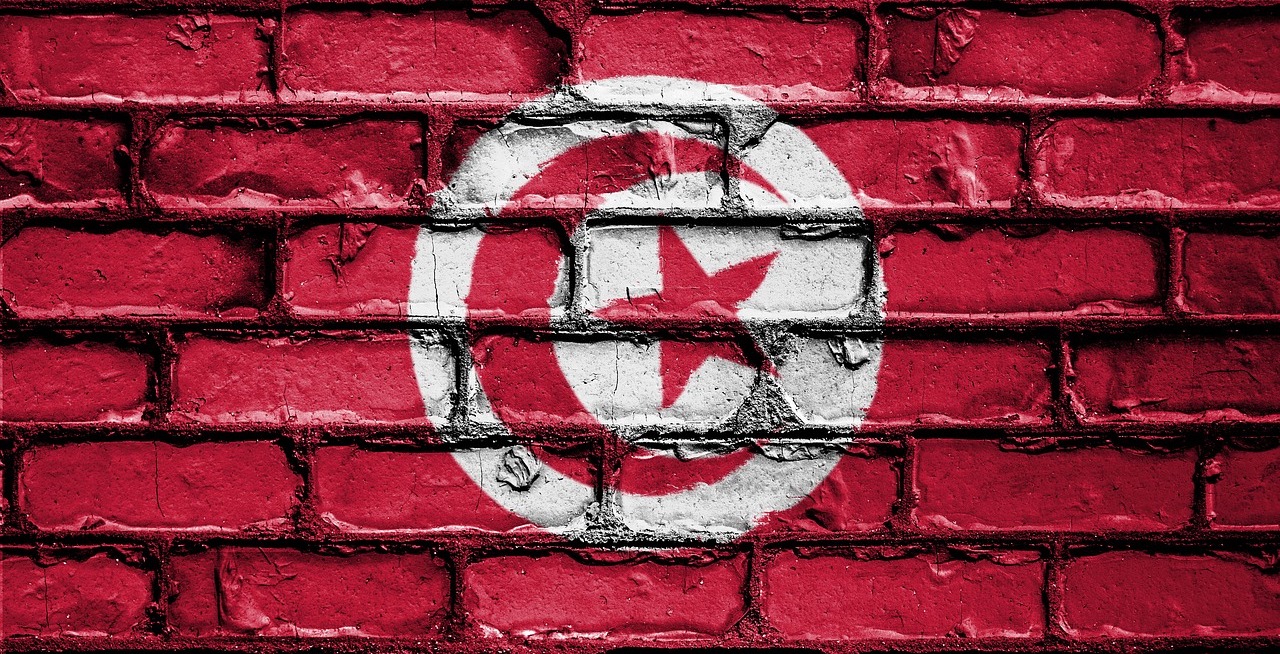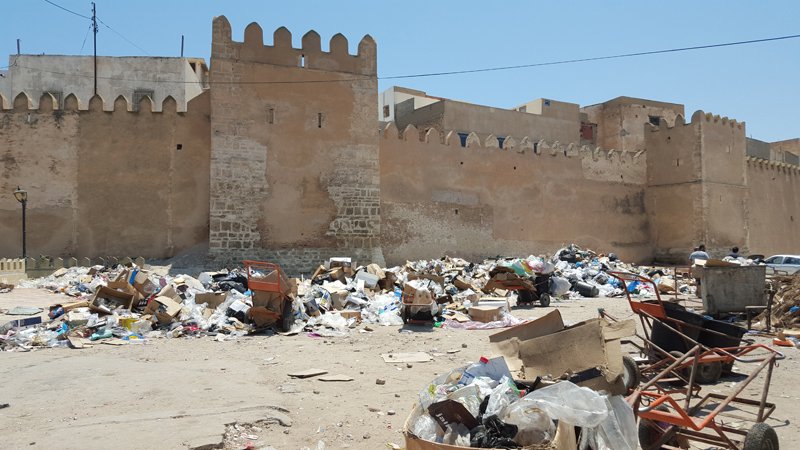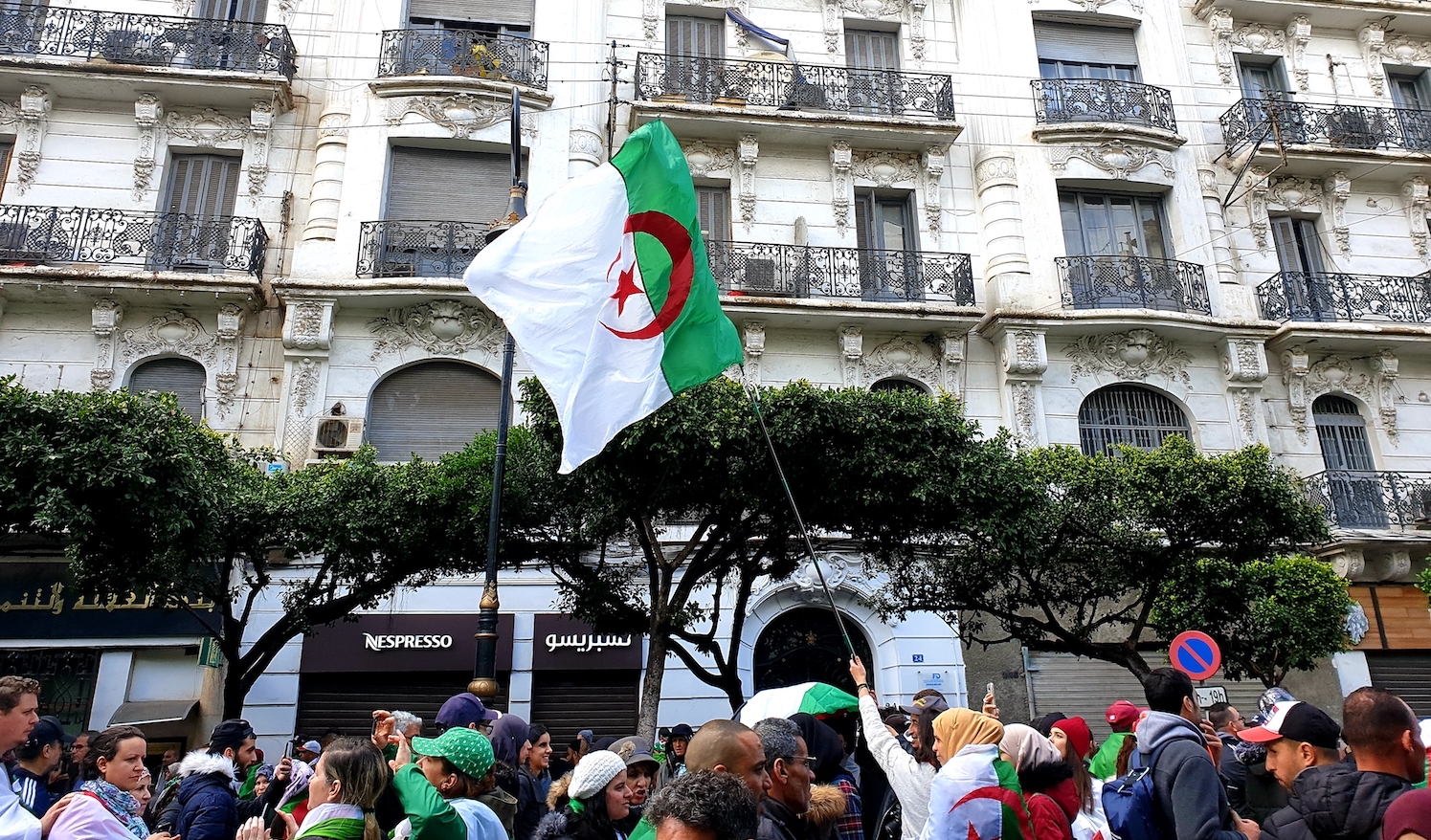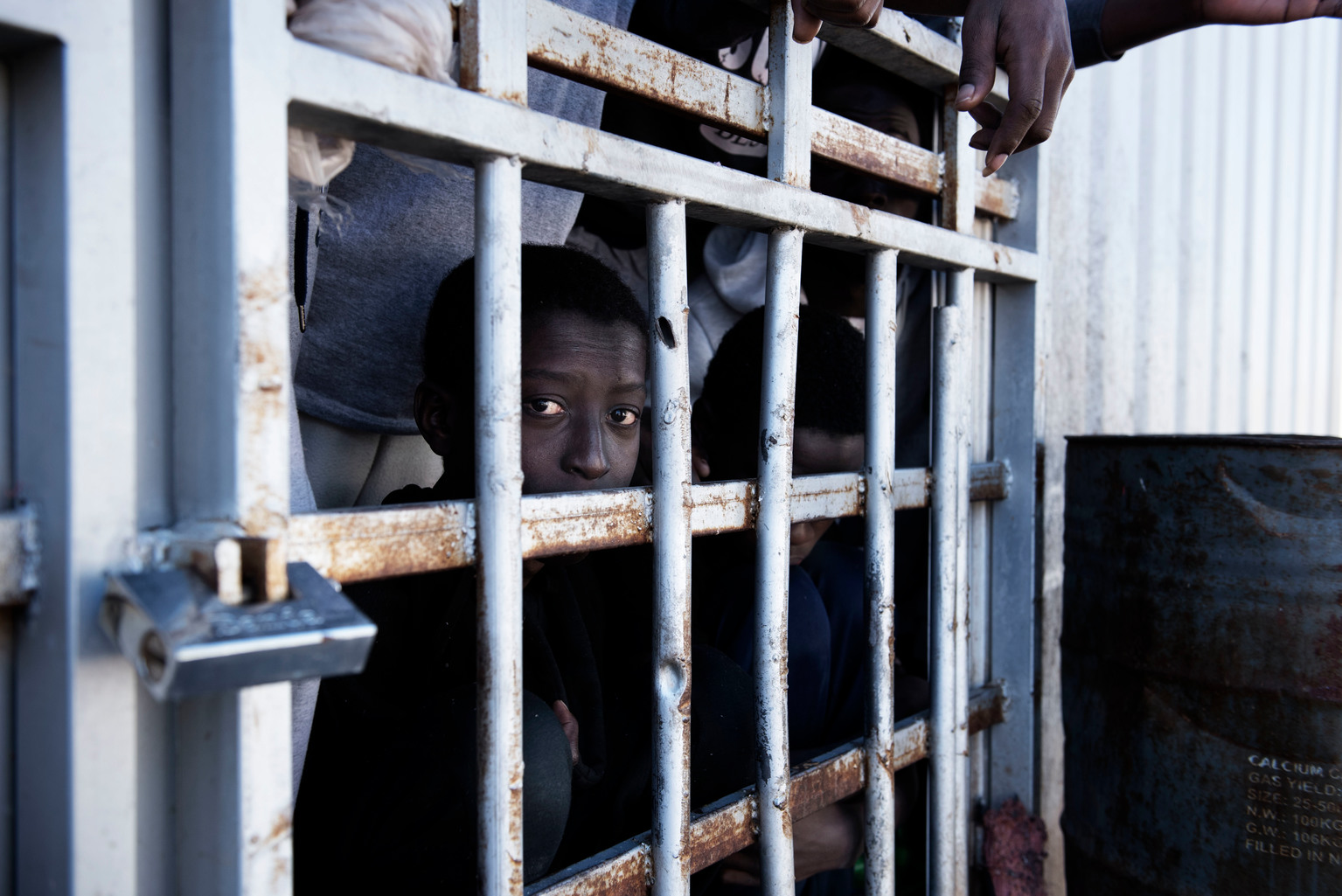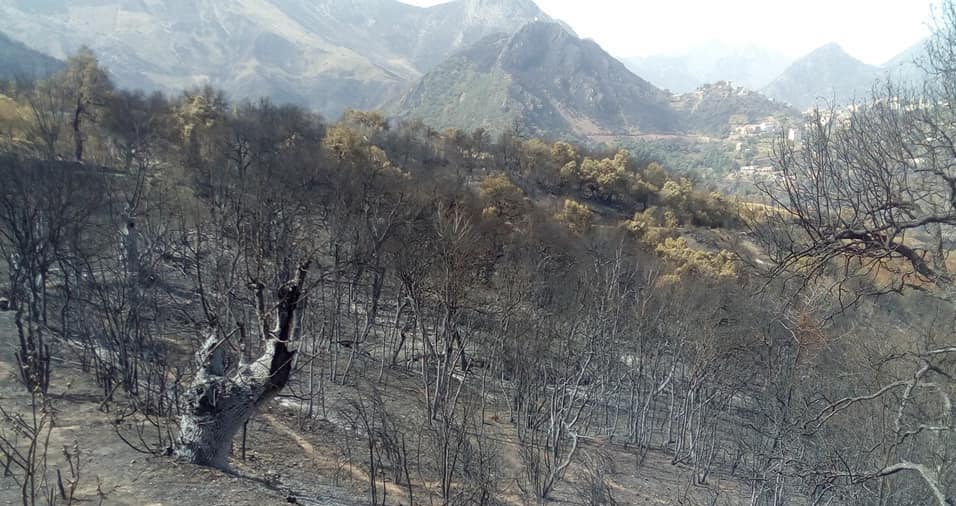
ICC reveals Libya investigation strategy
International Criminal Court (ICC) prosecutor Karim AA Khan revealed a new strategy for the ongoing investigation into the situation in Libya to the UN Security Council. The ICC investigation focuses on accusations of war crimes and crimes against humanity committed in Libya since the outbreak of the revolution against Moammar Qaddafi’s government in February 2011. The investigation also covers three unexecuted arrest warrants issued by the ICC. The ICC began its investigation in March 2011. Libya is not a party to the Rome Statute. Therefore, the ICC derives its jurisdiction for this investigation from a unanimous reference by the Security Council in Resolution 1970. (Map: Perry-Castañeda Library)



